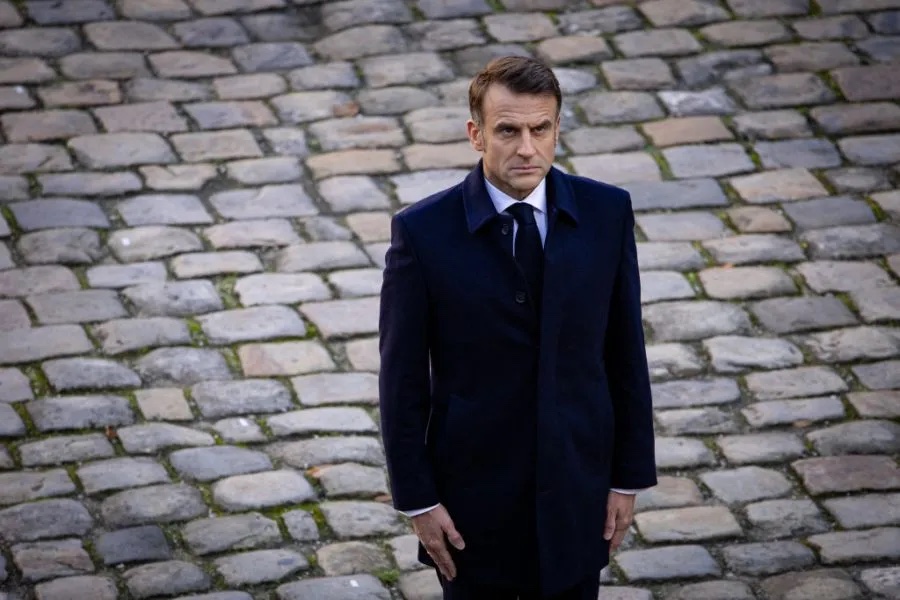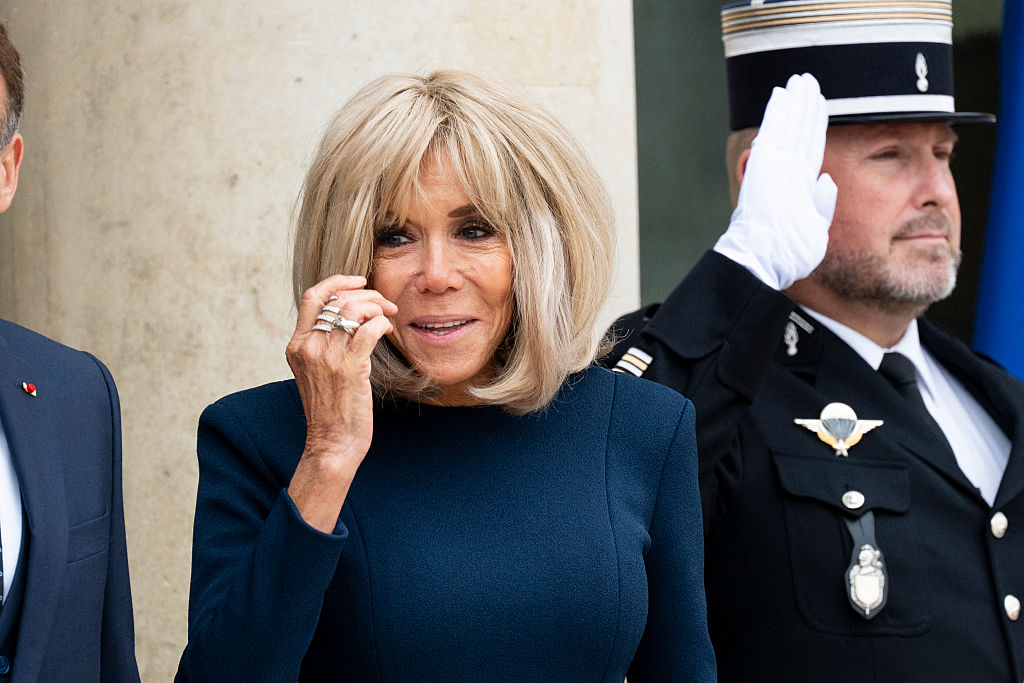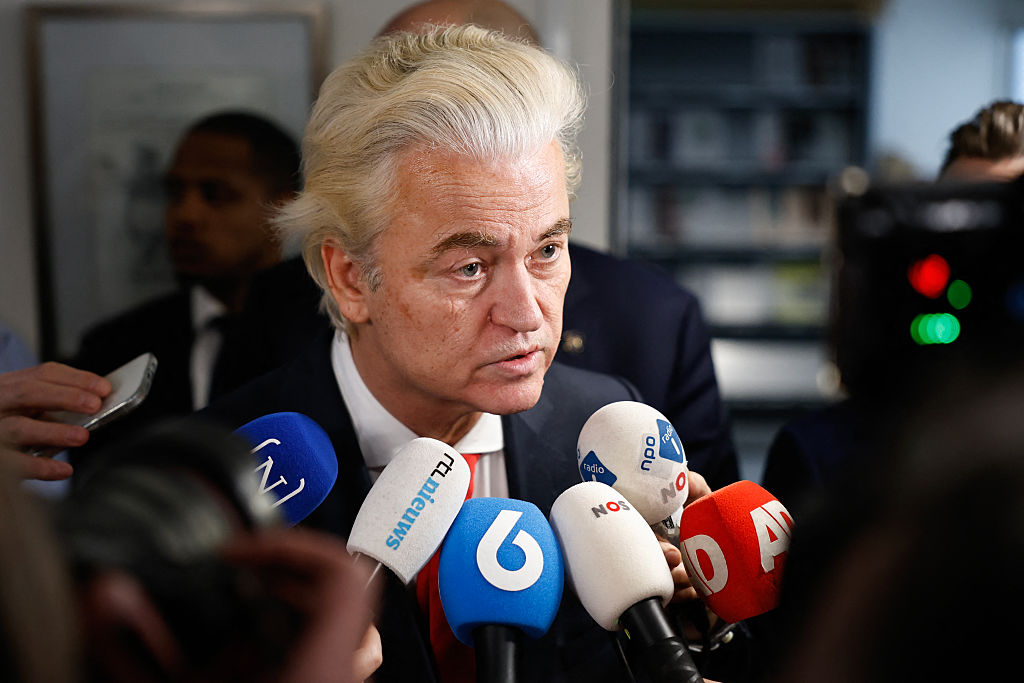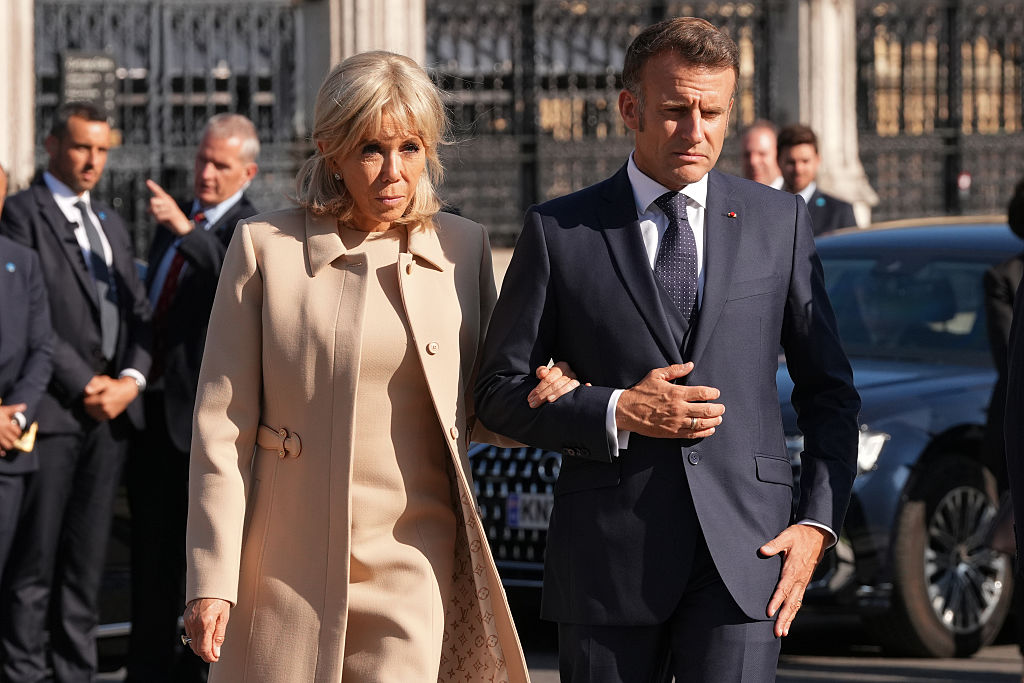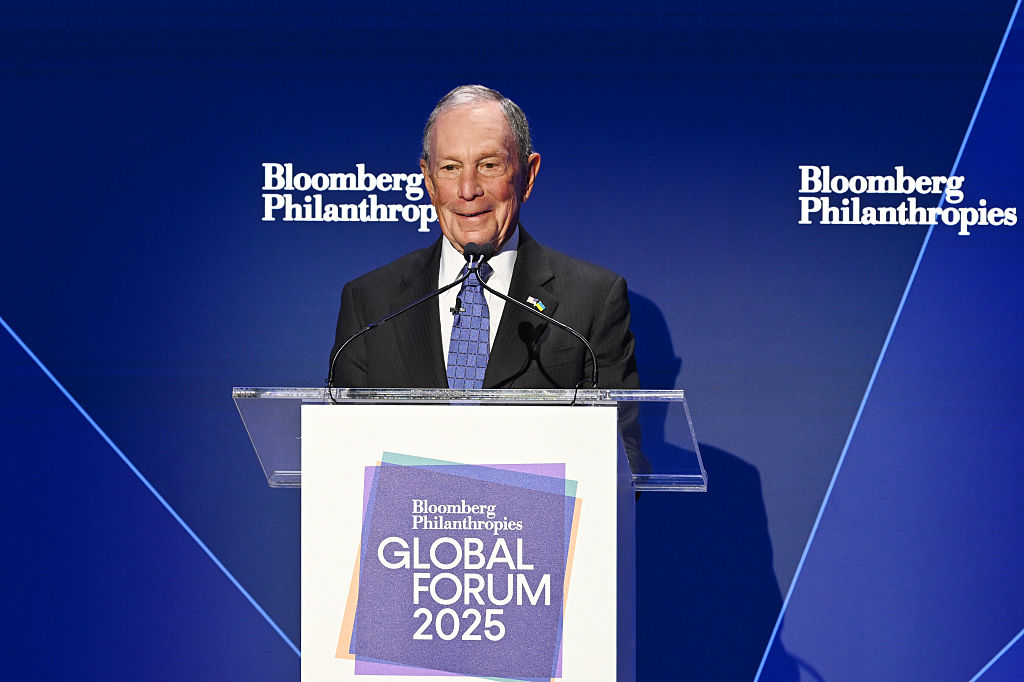Emmanuel Macron will deliver his traditional New Year’s Eve message to France next week, an event that one imagines is testing the skills of his speechwriters. What to say after a year of unmitigated disaster? What is there for the French to look forward to 2025 other than more uncertainty, more insecurity and more economic woe?
On Friday, the National Institute for Statistics and Economic Studies (INSEE) announced that France’s public debt has risen again. It now stands at $3.4 trillion at end of the third quarter of 2024, equating to 114 percent of GDP.
There are signs that the pressure is getting to Macron
Macron was in a similar pickle twelve months ago. On that occasion, the president had to put a gloss on a 2023 that had seen massive street protests against the government’s pension reform, followed by a wave of nationwide rioting after police shot dead a youth in a stolen car. Then, in October an Islamist murdered a teacher at his school in Arras, the second such incident in three years.
In his 2023 New Year’s Eve address, Macron promised the people that the coming year would provide a fresh start, what he called “a year of determination, choices, recovery, pride.” He listed the Paris Olympics and the reopening of Notre Dame Cathedral — five years after it was ravaged by fire — as reasons for the French to be cheerful. The year, Macron predicted, would be one “of hope.”
In a sense he was right. There is a hope among the French as 2024 draws to a close: a hope that their president will soon resign. A poll at the end of November found that in the event the government collapsed 63 percent of people believed Macron should hand in his notice.
The government fell a week later but Macron insists he will see out the remaining thirty months of his mandate. It was the second time in six months that he dismissed calls for his resignation; the first was in June when he reiterated his determination to stay in office whatever the outcome of the upcoming parliamentary elections.
The outcome was a disaster for Macron. His centrist alliance was beaten into third place by the leftwing coalition and Marine Le Pen’s Rassemblement National. But Macron remains at the Élysée, although he cuts an increasingly isolated figure. His adversaries charge him with being a president in a deep state of denial about the quagmire into which he has led the country.
There are signs that the pressure is getting to Macron. On a flying visit to the island of Mayotte in the Indian Ocean, days after it was devastated by a cyclone, Macron lost his cool in front of an angry crowd. He snapped at them, saying that they should be “happy to be in France, because if it wasn’t France you’d be 10,000 times even more in the shit.”
His remarks caused consternation across the political spectrum. Macron responded by accusing Le Pen’s Rassemblement National of inciting the crowd. “I have never seen such a low argument in such serious circumstances,” retorted Le Pen, who said she was “staggered” by Macron’s inability to empathize with his people.
For months, the left have been calling for Macron’s resignation, a demand that has intensified since the collapse of Michel Barnier’s government. “Macronism is a zombie, it’s time to get rid of it,” said one member of parliament Aurélien Saintoul recently. “When we talked about impeaching the president this summer, everyone was laughing. Today, the facts are proving us right.” Significantly, a few respected centrists have also stated in public that Macron should quit for the good of the country.
Marine Le Pen has not called for Macron’s head, but in an interview last week she stated her belief that the president “is finished, or almost.” For that reason she is “preparing for an early presidential election.”
So is Jean-Luc Melenchon, the leader of the leftwing coalition, who allied with Le Pen’s party to topple Barnier. Melenchon claimed on Friday that the new government won’t survive to see the spring. He and Le Pen believe that a presidential election in 2025 will work to their advantage as they are best positioned to exploit the political chaos created by Macron.
Barnier’s successor is Francois Bayrou who, according to a poll in a Sunday newspaper, is the most unpopular prime minister in modern times. That’s some achievement, given he’s only been in the job since December 13. Bayrou is trying to be as upbeat as he can, promising to unveil his government before Christmas. As if there aren’t enough turkeys already at this time of year.



